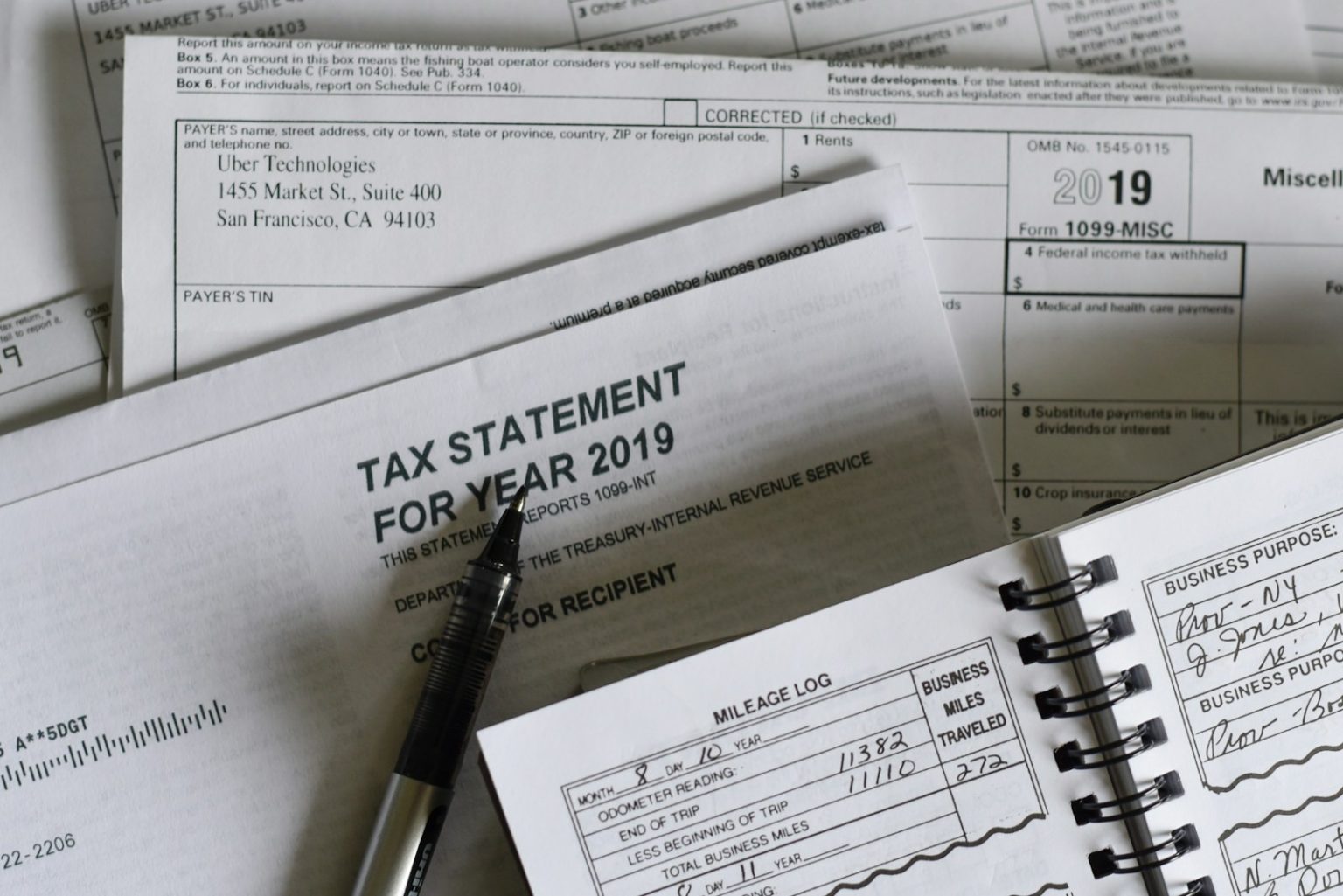The IRS has issued new regulations regarding retirement plan contributions that will affect highly paid individuals (HPIs). These changes arise from the SECURE 2.0 Act and will have significant implications for those with W-2 compensation exceeding $145,000. Effective from January 1, 2026, HPIs enrolled in retirement plans such as 401(k), 403(b), or governmental 457(b) plans must make their catch-up contributions on a Roth after-tax basis.
This shift eliminates the previous choice of making catch-up contributions on a pre-tax basis. An HPI is different from a highly compensated employee (HCE). An HCE earns more than $160,000 or owns more than 5% of the company.
The new Roth contribution requirement is specifically targeted at HPIs and serves as a revenue raiser for the SECURE 2.0 Act. Originally set to take effect on January 1, 2024, the IRS postponed the mandatory Roth contribution requirement to January 1, 2026, due to its administrative complexity. In January 2025, the IRS issued proposed regulations that detail the Roth catch-up contribution requirement for HPIs with FICA wages exceeding $145,000.
New Roth requirements for HPIs
Plan sponsors must amend their plans to include a Roth contribution feature by January 1, 2026. Additionally, for plans undergoing 401(k) nondiscrimination testing, it may be beneficial to add a Roth In-Plan Conversion Feature.
The proposed regulations also introduce a “super catch-up contribution” rule effective for tax years beginning after December 31, 2024. Participants aged 60 to 63 can make super catch-up contributions up to $10,000 or 150% of the regular catch-up limit, whichever is greater. For 2025, the super catch-up limit is $11,250.
Plan sponsors without a Roth feature need to amend their plans before January 1, 2026, to add this option. Plans already offering a Roth feature should ensure participants are informed about the new regulations. Compliance with the new rules will require coordination with record-keepers and payroll systems.
Consulting professionals are ready to assist with any questions regarding these Roth contribution rules and the new super catch-up contributions. Their Retirement Plan Consulting teams can help with the necessary amendments and communications to ensure compliance with these changes.







